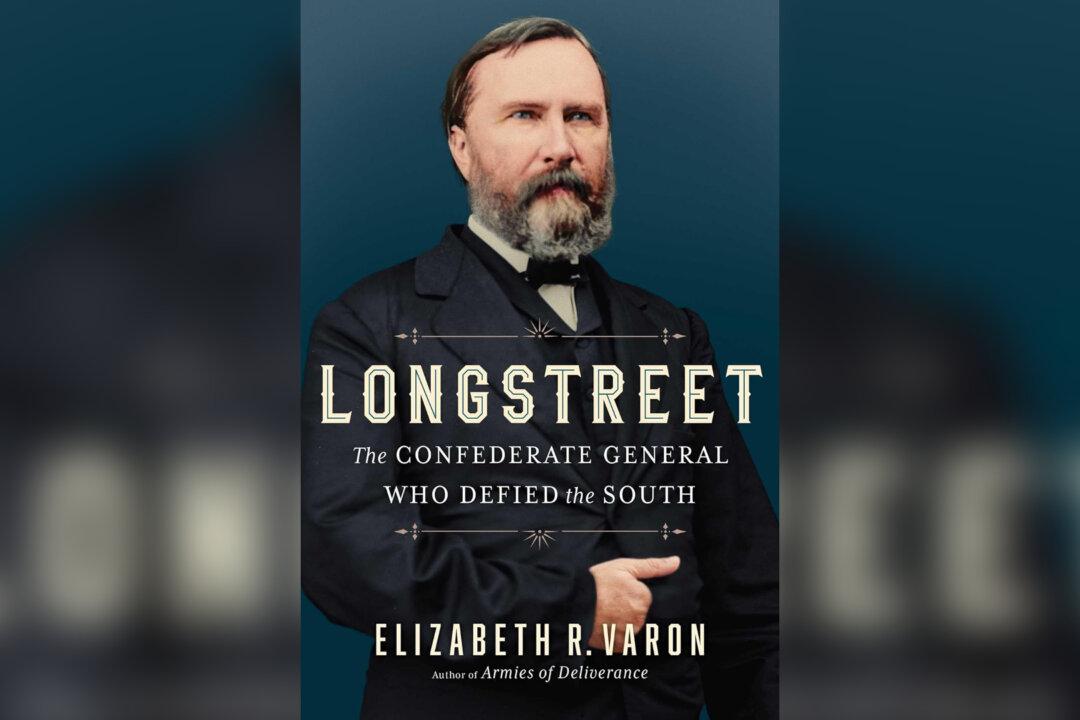At a time when merit of the Civil War and its central and peripheral figures are being debated in the marketplace of ideas and opinions, American historian Elizabeth R. Varon has produced a timely work on just those subjects. In her new book, “Longstreet: The Confederate General Who Defied the South,” she discusses the well-known general James Longstreet , who was arguably the Confederacy’s best commander, although she primarily focuses on his postwar career.
For Civil War history enthusiasts, there may not be much new information concerning the general in the first 125 pages, as Ms. Varon discusses Longstreet’s enlistment in the Confederate army and his career as a commander during the war. This, however, does not mean that those who possess foundational knowledge of Longstreet should skip ahead in the book. To do so would be to miss two of the book’s major points.






